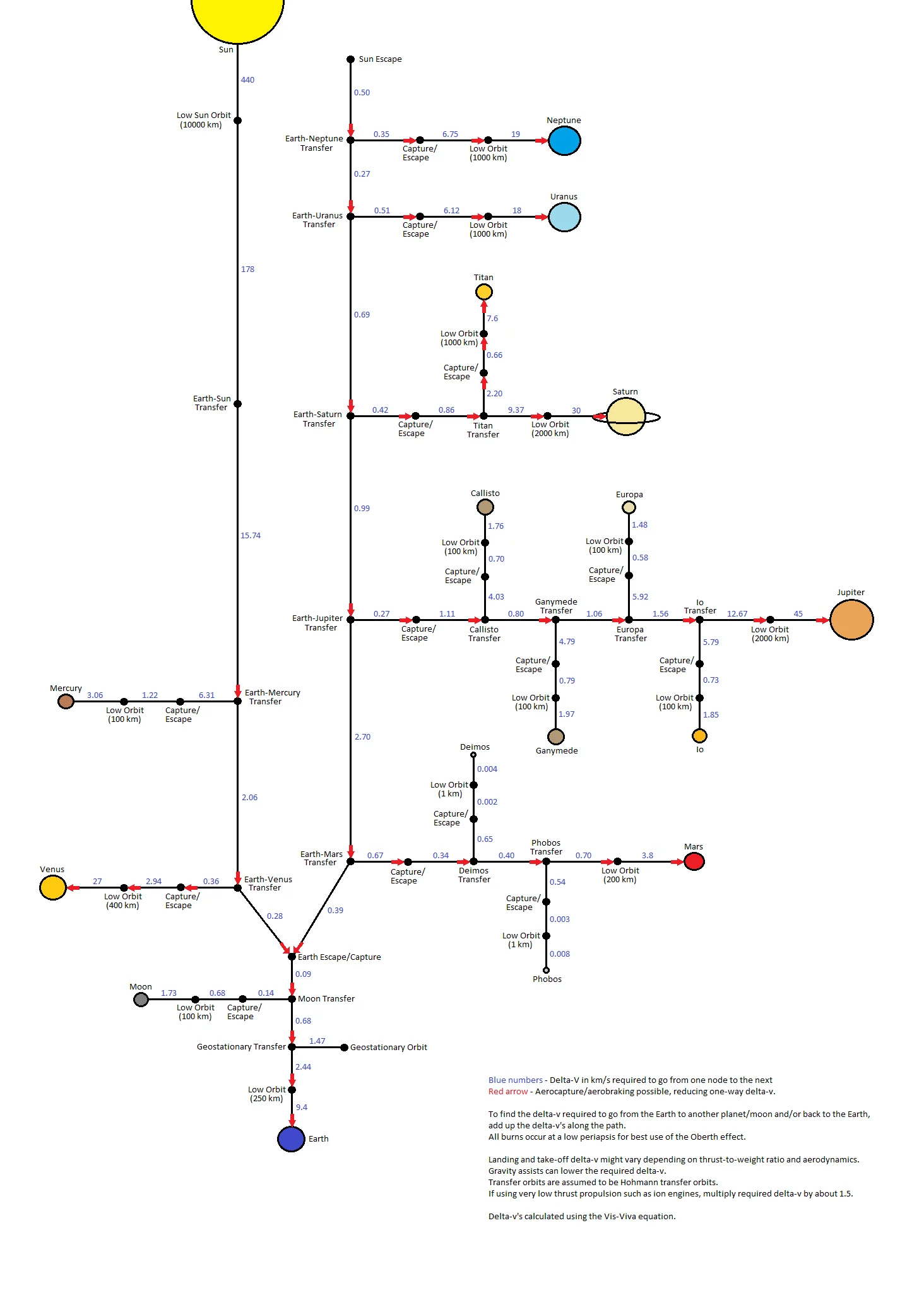
So far the record is two.
"Landing" by coming to a rest floating in the atmosphere, such as on a gas giant, counts as a landing. (As does starting out on Earth.)
A crash landing still counts.
The same physical spacecraft or the same model? Does launching from Earth count as it being landed on it?
@Mqrius If it then returns to Earth? Yeah might be a bit more likely given the vast distance to the Trojans. 🤔 But maybe by the time Starships fly to Mars they will have been available to launch lots of uncrewed potentially cheap probes?
In general, the key thing is phobos is small, and in a significant local gravity well. The Trojans contain similarly small bodies and are not as dispersed as the asteroid belt because of the Lagrange point. Where else is this more or less the case? Saturn's ring maybe could count. There are surely lots of small bodies around the gas planets in general. Any ternary systems in the belt?
@PeterRuschhaupt actually, the Jovian Trojans also seem pretty dispersed. Not sure about the density of other Trojans, e.g. Earth's two.
Dawn already orbited both Vesta and Ceres, and it's not that much more delta V to land on them. I think the shorter transit times and delta V to the asteroid belt would win out here, despite larger distances between asteroids.
Unrelated, here's a nice delta V map of the solar system that I use to help with intuition!

@Mqrius cool, I love those! And you're right, deltaV to get there matters most, having something close by less. I'm still a bit confused about the resolution criteria though. Does staring in earth count as 1?
@IsaacKing ah, I wasn't sure how to interpret the Apollo comment, thanks for clarifying ☺️
I think adding one more landing wouldn't make it much harder, so I think it tracks a very similar prediction.
Why is this market higher than this one? Seems like it should be arbitraged. I don't have Ṁ at the moment!
@Odoacre oh, yeah, I guess you're right. Landing is harder than just visiting so this one should be lower.
@Odoacre As opposed to what? Jumping into the air 2 times and counting that as 3 Earths?
Landing a craft on Mars and then landing that same craft on Phobos would count though. It's a little bit more ambiguous if it's a small part of the initial craft that then goes on and lands on Phobos, but I'd personally still count that — but I'm not the creator of the market.
@Mqrius I was thinking about a reusable rocket that can go to earth -> moon -> earth multiple times.
earth -> mars -> phobos is only two landings, so it would not count, unless you assumed it would then come back to earth
@Odoacre Hmm you're right, not sure if @IsaacKing would count the starting out on Earth as having landed on Earth. It "has come to rest" on Earth before taking off I guess.